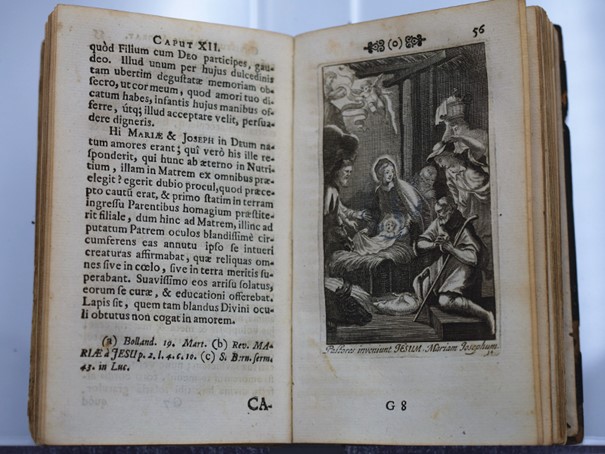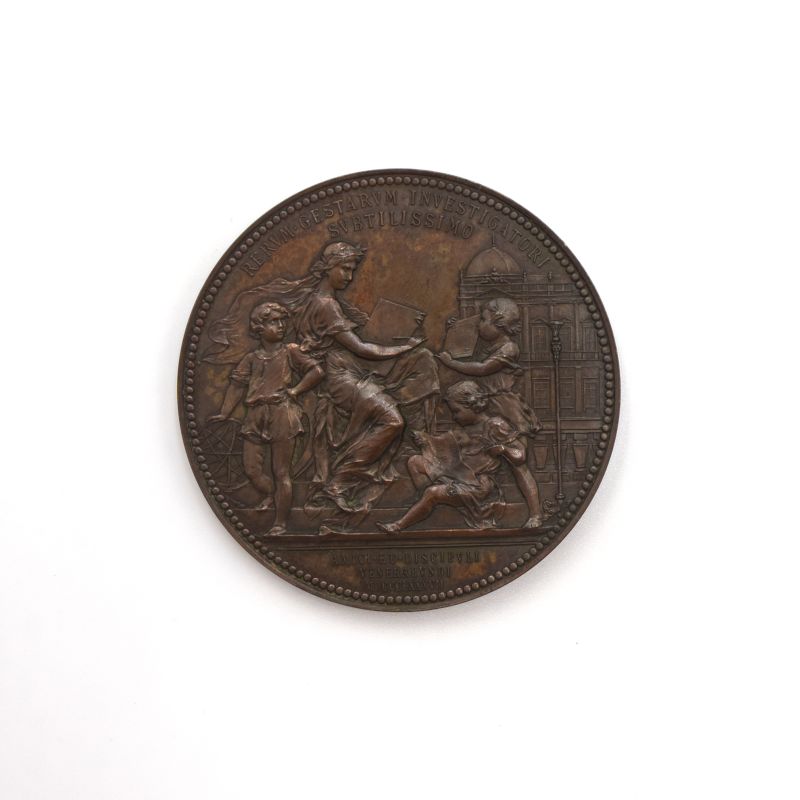Intercultural dialogue and sustainability – UNICycle upcycling workshop at the library
Following the kick-off meeting of our Book of Your Life library project, a series of furniture refurbishment workshops entitled „UNICycle upcycling” was launched for the planned community space of our library.
In order to promote intercultural dialogue and the integration of international students, the Book of Your Life (BoYL) project was launched at the beginning of March, and at the first meeting of the project, the Director General of the ELTE University Library and Archives, Dr. Kulcsár Szabó Ernőné Gombos Annamária, in her welcoming speech, emphasised that the event was another milestone in the service of the university, national and international students.
Through thought-provoking presentations and collective reflection, ELTE’s international student ambassadors raised inspiring ideas on how to create community space and promote intercultural dialogue, highlighting that artistic and cultural activities, sharing reading experiences, and programmes that stimulate creativity can be a real bridge between national and international students.
Inspired by these suggestions, a campaign on ELTE's social media platforms (Facebook, Instagram) will seek students' favourite books, with the aim of acquiring those that are part of our collection and available.
In the spirit of the green library and sustainability, students are invited to a series of furniture refurbishment workshops in our library, entitled UNICycle upcycling. On the 26th of March 2024, for the first time, we will be painting scrapped university furniture, chairs and tables, and on the 11th of April 2024, Hungarian Poetry Day, we will be breathing new life into the objects with colour and soul.
More details and current events about the project can be found at https://www.elte.hu/boyl and on our Facebook page. Everyone is welcome!



